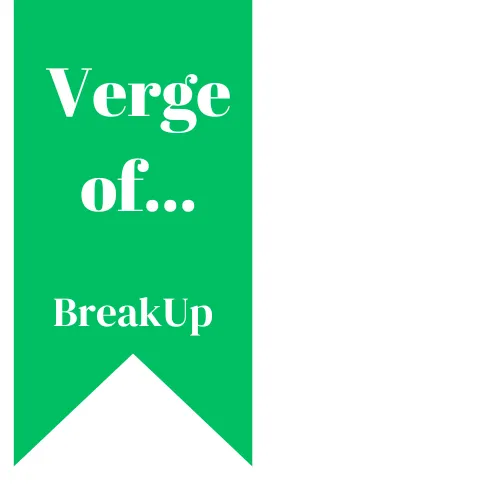
Modern Love and Ancient Brains
Remember the “seven-year itch?” Not the 1955 movie with Marilyn Monroe, but the old psychological theory that explained why the average relationship tended to last about seven years. The thinking was that seven years was about how long humans would take to get bored with a partner and start looking at other people. Well, turns out that the theory was only true in the last century. These days, the seven-year itch has become a two-year tickle.
For young people today, the average relationship is down to less than three years—about two years and nine months—and there are plenty of things to blame for the dramatic change. Social media, urbanization, and television have all had a significant influence.
One of the biggest threats to the modern relationship is the astounding availability of mating options that look better to our needy-for-dopamine brains than what we’ve got in our current relationship. In the not-too-distant past - only a few generations ago - we would turn to a close personal friend, a family member, or the farmer up the road to vent about life or relationship frustrations. Now days, when trouble hits a relationship, people can be instantly supported, soothed, calmed and advised by thousands of what the brain sees as better potential mates - or at least better friends than our partner. Because people tend to turn to their instantly accessible social networks for easy support, there are just more people who are venting about their partner or fishing for ego support on Facebook, X, or Instagram. A user that posts about a bad job interview, a relationship spat, or doing poorly on an exam will typically get the supportive responses from their community of “friends.” That quick support on social media leads our primitive human brain to believe that we are surrounded by people who care for and value us. In the face of such glowing outside competition, our partner barely stands a chance. Because it's so easy to find positive feedback online, we don't need to get support from our partner anymore. Relationships tend to collapse in the face of these ever-present, outside challengers. Our brain thinks we would be more happy if we were with the other people. Social media becomes like the devil on our shoulder: "Why not dump that one that barely notices us and find a nice, supportive new mate?"
Throw in the fact that our brain sees everybody else’s relationships online as a series of vacations, dining out, and romantic beach walks... and we’re screwed. Our brain just can't help but see our own relationship problems as a threat and everyone else as a potential way out of the problem. When our brain begins to believe that other people are more compassionate than our partner and other relationships are better than ours, it can be tough to come back to reality.
Before the internet, when you were frustrated in a relationship you would turn to a family member or perhaps a therapist for advice or support. Now, we can easily jump on the internet and find and endless stream of relationship advice that justifies dumping this moody partner for what our mind thinks would be a more pleasant partner.
When it comes to the difficulty of modern love, there’s more at play than just social media. Our brains are evolving in complex ways. We’ve become wired for constant stimulation. From televisions to computers to smartphones, we’re a species that is constantly stimulating the receptors in our brains. We’ve gone from Hooked on Phonics to hooked on electronics. Our comfortable partner barely stands a chance against the non-stop, 24-7 presence and excitement of House of Dragons, Instagram Reels or the latest game you play with 'friends.'
Modern love is tough but if you focus on making sure that you’re individually solid, then you’ve got a chance to survive all the craziness out there. Remember, other people don’t make us happy or complete us. Find relationships by looking for people that have interests similar to your own. Find someone who understands your uniqueness. Find someone who makes you better instead of just someone who makes you feel better. Find someone who never lets you stop growing because they care about you.
Modern love is tough at times but it isn’t impossible. In fact, one advantage of social media and urbanization is that you’re much more likely to find a left-handed, redhead who shares your love of sushi and Star Wars. Those connections early in a relationship can be critical to making things better when the relationship hits a rough patch.
If both partners understand the challenges and are committed to the same goals, then things can work out. If you’re in a relationship that is struggling, it’s important to talk to your partner about why you got into the relationship in the first place and what you hope to have in the relationship in the future. If you can align the roots and the future, then the present trouble will always seem more manageable.
The keys to making it work are to find the connection points. When both partners feel connected by shared experiences and a shared vision, then things get a lot easier. Plus, when we have that battle-tested past and better vision of the future in mind, we can better value our partner for what they’ve helped us through and what they’re helping us achieve.
And don’t forget to turn off the smartphone and the television because they’ll steal that connection if you’re not paying attention.

